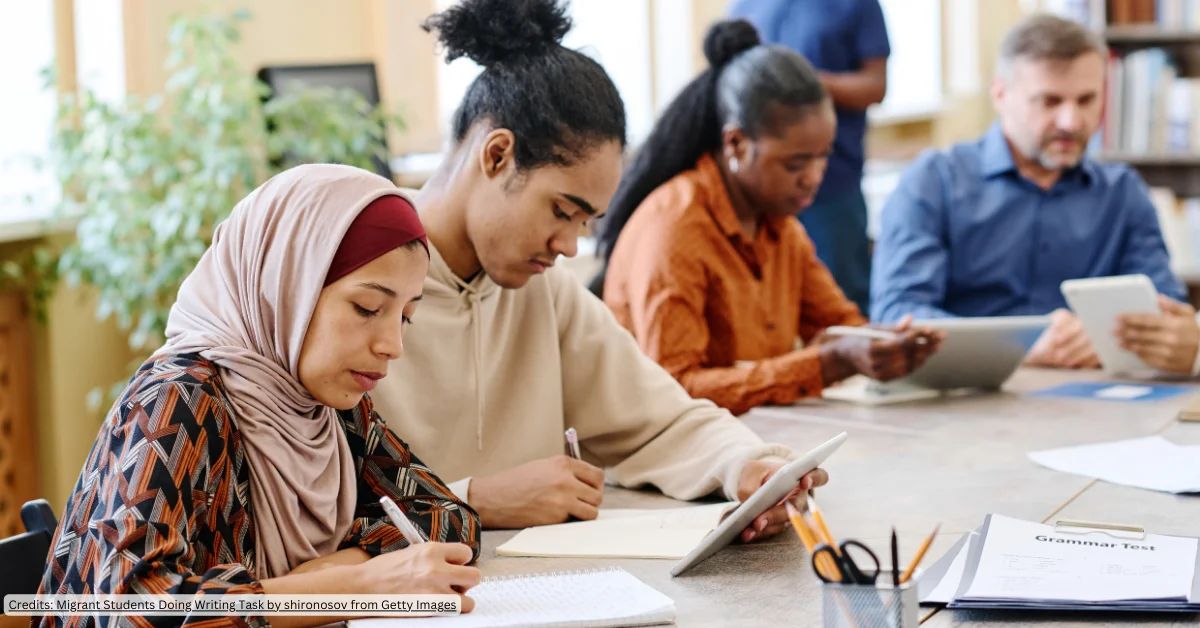As New South Wales families return home and assess the damage from the state’s fourth major flooding event in 18 months, it is now more critical than ever to ensure recovery efforts are tailored to the unique needs of children, Save the Children said. Repeating climate disasters are continually putting children at risk.
In less than three years, Australian children have endured multiple climate disasters, including the devastating 2019-20 bushfires, numerous major flooding events, and the COVID-19 pandemic, all contributing to a national children’s mental health crisis on a scale not seen before in Australia.
Around 85,000 people were under evacuation orders as floods hit Sydney and surrounding areas last week. With disasters becoming more extreme and more frequent, children’s resilience is being eroded and recovery efforts made much more difficult.
Save the Children said the impacts of experiencing a disaster without tailored support can be far-reaching for children, extending across their academic learning, social and emotional relationships and connections with peers and adults, and even into their adult lives.
Save the Children Australia Executive Director for Australian Services, Matt Gardiner, said “How can it be that every year we’re hit by a ‘one-in-1,000-year’ or ‘one-in-100-year weather event’? It is clear that crisis is fast becoming the new normal and that the risks facing children are increasing dramatically.
“With extreme events like this expected more often, more and more children will suffer negative impacts to their mental health and wellbeing if they do not receive the right support.
“We strongly encourage governments to ensure the timely rollout of recovery services, and look to boosting school-based support, which we know is crucial to children’s recovery.
“Recovery efforts must be long-term, community-led and put children at their centre, to aid in restoring children’s resilience.
Save the Children is currently providing resilience and recovery services to children in areas most heavily impacted by the 2019-20 bushfires and will soon scale up recovery support for children affected by the 2022 floods.
The leading child rights agency has a long history of responding to emergencies across the country, including by establishing Child-Friendly Spaces in evacuation centres during the 2019-20 Black Summer bushfires and the early 2022 East Coast floods.
Lourdes Antenor is an experienced writer who specialises in the not-for-profit sector and its affiliations. She is the content producer for Third Sector News, an online knowledge-based platform for and about the Australian NFP sector.
- Lourdes Antenorhttps://thirdsector.com.au/author/lourdes-antenor/
- Lourdes Antenorhttps://thirdsector.com.au/author/lourdes-antenor/
- Lourdes Antenorhttps://thirdsector.com.au/author/lourdes-antenor/
- Lourdes Antenorhttps://thirdsector.com.au/author/lourdes-antenor/











